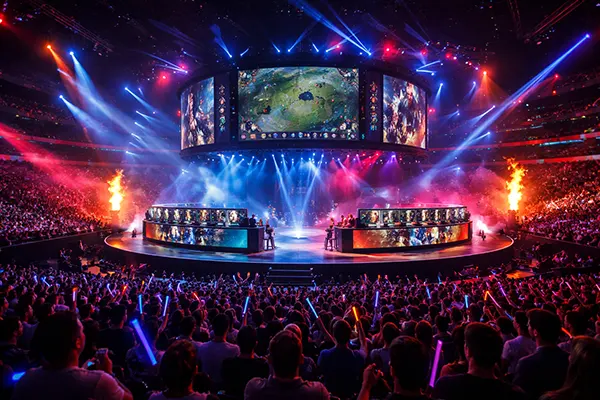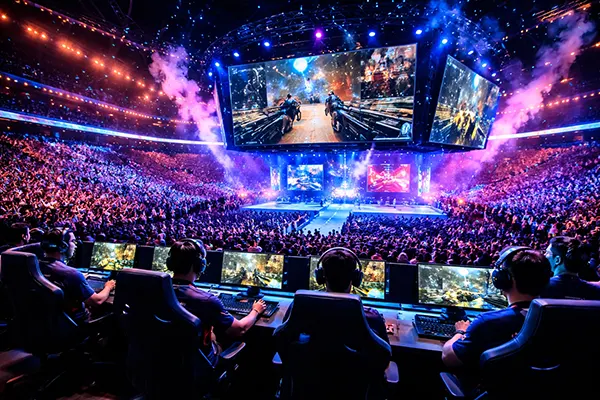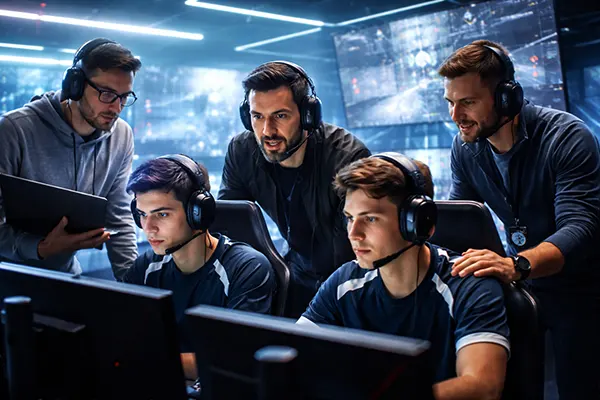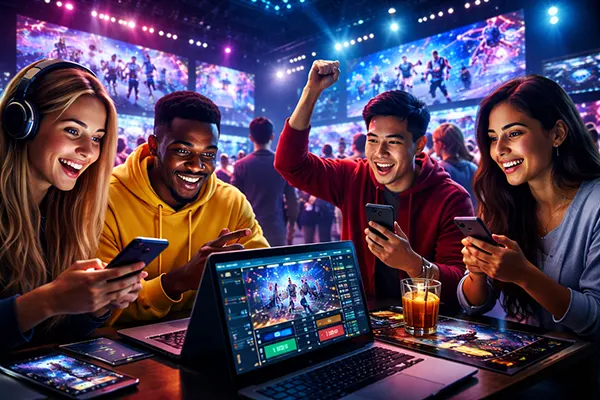Esports and Major Brands: Who Dominates Sponsorship in 2025?
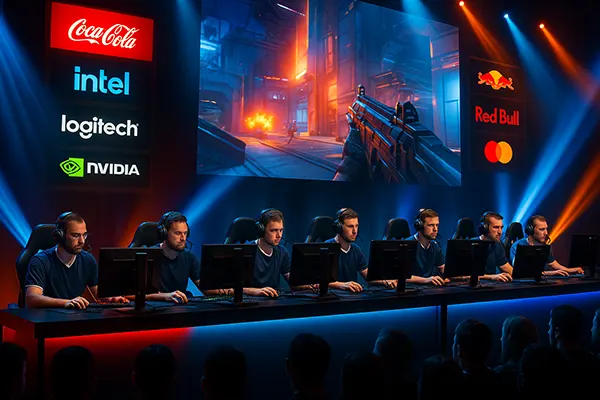
In 2025, esports has evolved from a niche hobby into a multi-billion-dollar industry with global reach. The rapid growth of competitive gaming has not only attracted millions of fans worldwide but also drawn the attention of some of the world’s most powerful corporations. These brands invest heavily in sponsorships, seeking visibility among the highly engaged and tech-savvy audiences that esports commands.
The Landscape of Esports Sponsorship in 2025
The esports sponsorship ecosystem has become increasingly sophisticated, with companies diversifying their support across teams, tournaments, and streaming platforms. As of February 2025, the industry continues to thrive with record-breaking viewership, particularly in titles such as League of Legends, Counter-Strike 2, Valorant, and Dota 2.
Global tournaments like The International, Worlds, and the BLAST Premier series have become prime advertising grounds. Brands from industries as diverse as banking, tech, energy drinks, and apparel see these events as golden opportunities for exposure to younger demographics.
With traditional sports sponsorships plateauing, many companies now reallocate budgets to esports, where digital integration allows for more creative and interactive campaigns that yield measurable returns.
Key Sectors Leading the Charge
Tech giants remain at the forefront. Intel, AMD, and NVIDIA continue their presence through long-term event partnerships and product placement. These companies invest in both hardware for tournaments and educational initiatives for aspiring players.
Consumer electronics brands like Logitech, HyperX, and Razer are inseparable from the esports ecosystem. Their gear is used by professionals and endorsed during live broadcasts and social media promotions.
Interestingly, financial services and fintech companies such as Mastercard, Coinbase, and Revolut are significantly increasing their investments in esports, reflecting a strategic push to align with Gen Z audiences and expand digital banking penetration.
Top Companies Dominating Esports Sponsorship
By February 2025, several corporations have cemented their positions as the dominant forces in esports sponsorship. These companies have not only poured money into the scene but have also shaped the way partnerships operate within the industry.
Red Bull remains one of the top sponsors, known for its player houses, branded content, and event support. Their collaboration with individual players and teams offers a model of brand authenticity that resonates with audiences.
Monster Energy and Coca-Cola also play significant roles, particularly in sponsoring tournaments and fan events. Coca-Cola’s alliance with Riot Games has extended into co-branded campaigns with in-game rewards and exclusive digital content.
Innovative Marketing Approaches
What distinguishes leading sponsors is their willingness to innovate. Rather than passive logo placement, they create unique experiences—such as branded Twitch extensions, AR-driven fan contests, and behind-the-scenes documentaries.
For example, Louis Vuitton’s prior collaborations with League of Legends have evolved into deeper partnerships, integrating digital fashion skins and augmented reality interfaces.
Additionally, endemic brands invest in content studios, allowing teams and players to produce high-quality videos and streaming material that elevates both brand image and community engagement.
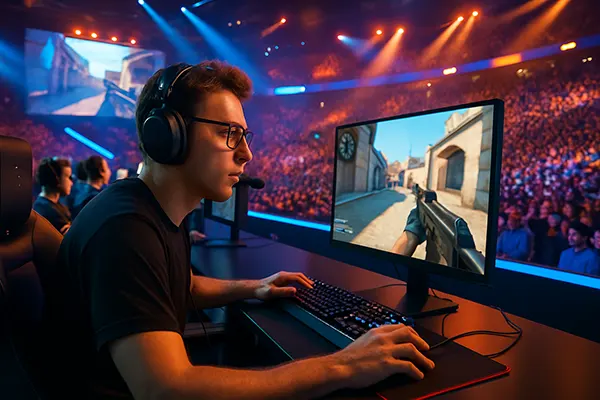
The Impact of Sponsorship on Esports Growth
Corporate investment has not only elevated esports’ visibility but also enhanced its professionalism. With larger budgets, teams afford better training facilities, mental health resources, and international travel for tournaments, raising competitive standards.
Streaming platforms benefit too. With backing from sponsors, they fund better production quality, secure top-tier commentators, and develop tools to retain viewers. This has driven up fan loyalty and average watch times in 2025.
Esports sponsorship has become a virtuous cycle—stronger brand partnerships mean better infrastructure, which attracts more fans, resulting in greater sponsor interest and improved ROI.
Challenges and Considerations Ahead
Despite growth, challenges persist. Brand authenticity is crucial—misaligned sponsorships often lead to community backlash. Brands must understand gaming culture and avoid heavy-handed commercialisation.
There’s also a saturation risk. With too many logos on screen and repeated campaigns, some audiences feel overwhelmed. This calls for smarter, more organic brand integration strategies.
Finally, regulatory scrutiny is increasing in some countries, especially regarding partnerships with financial and gambling-related companies. Ethical sponsorship practices are becoming essential to sustain long-term success.

